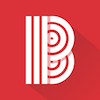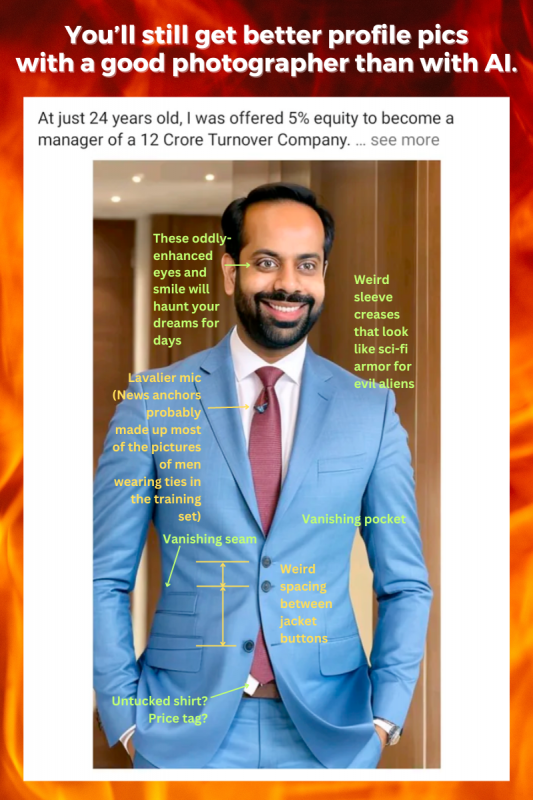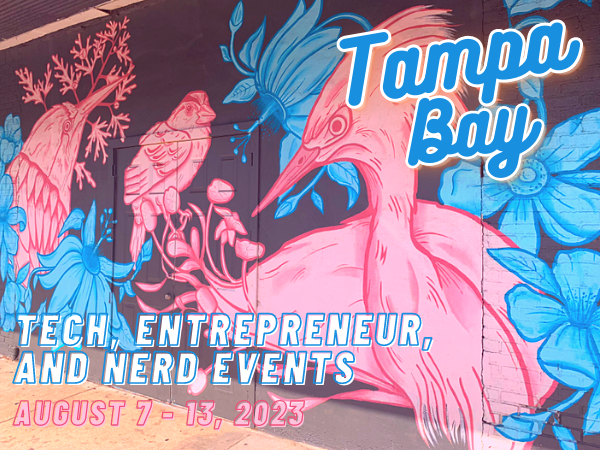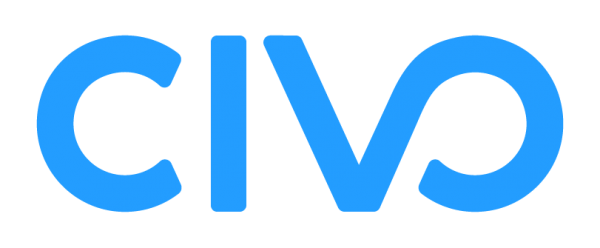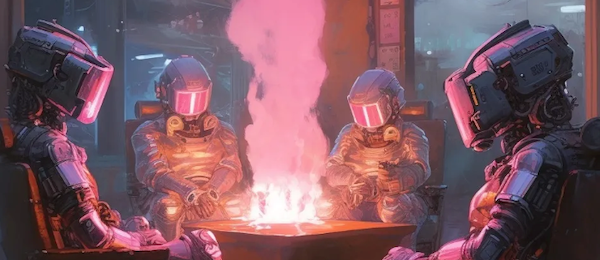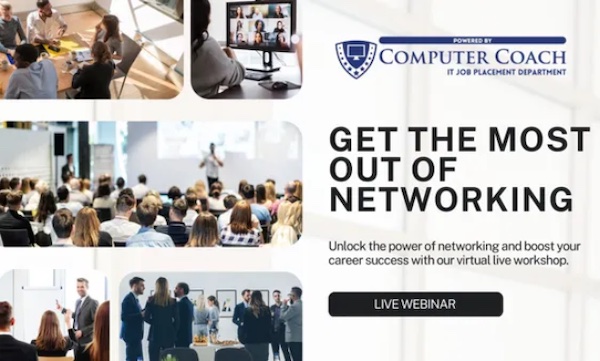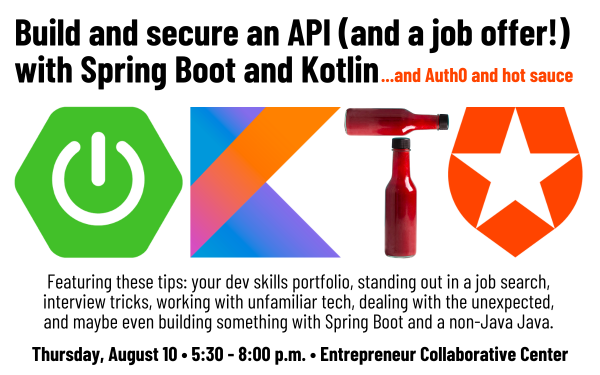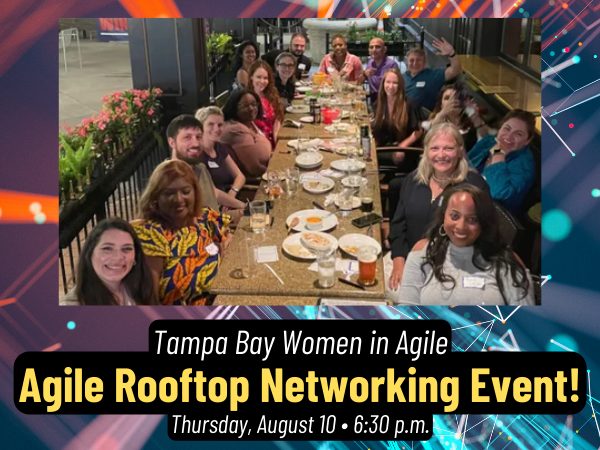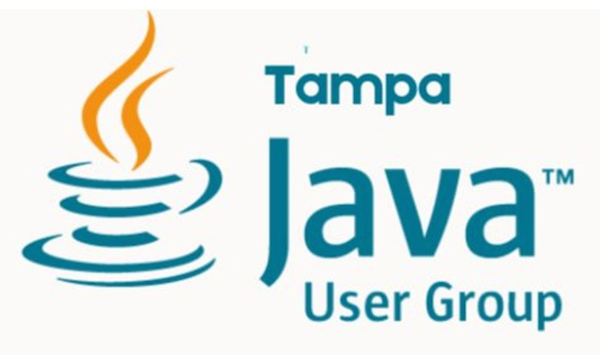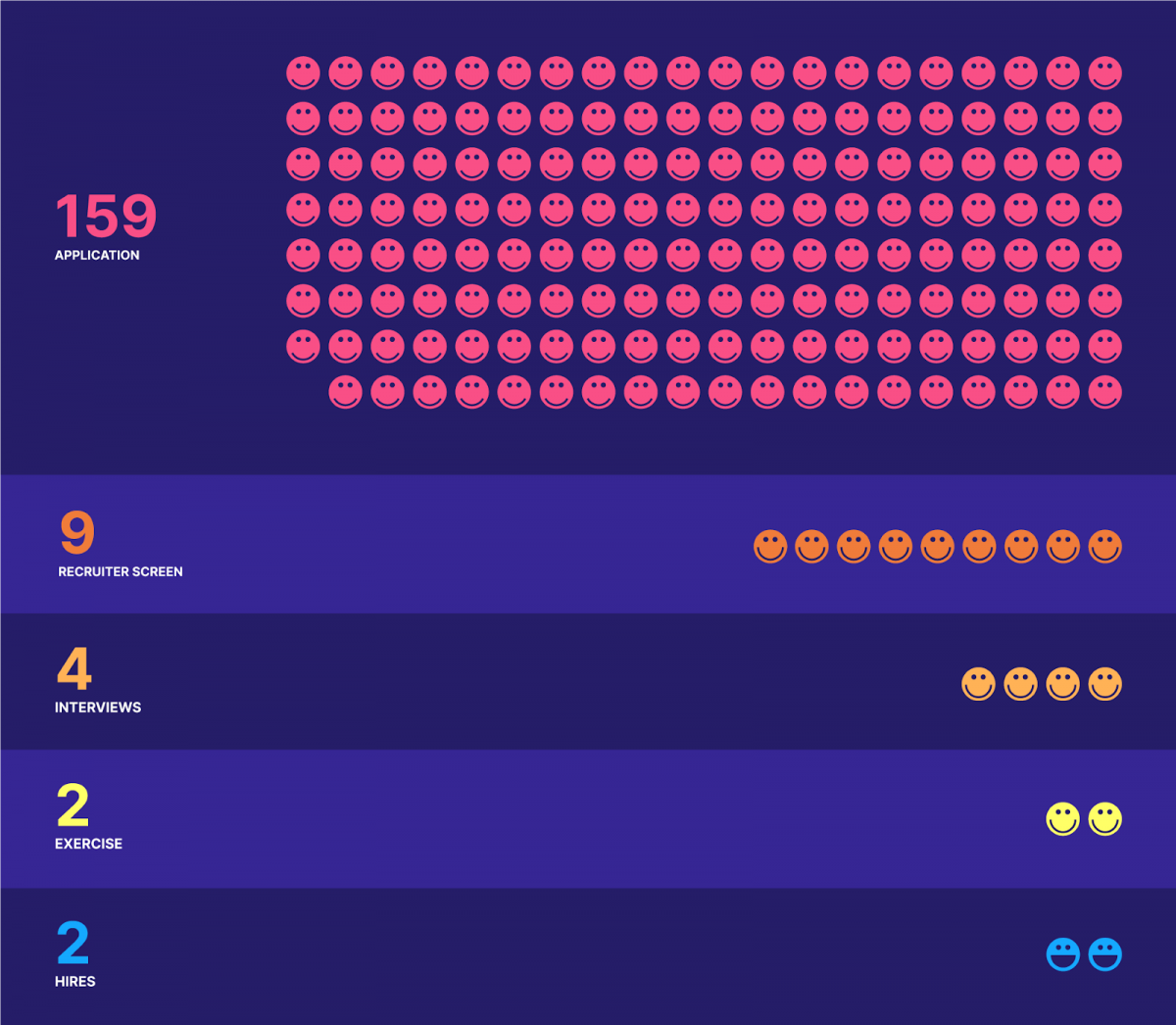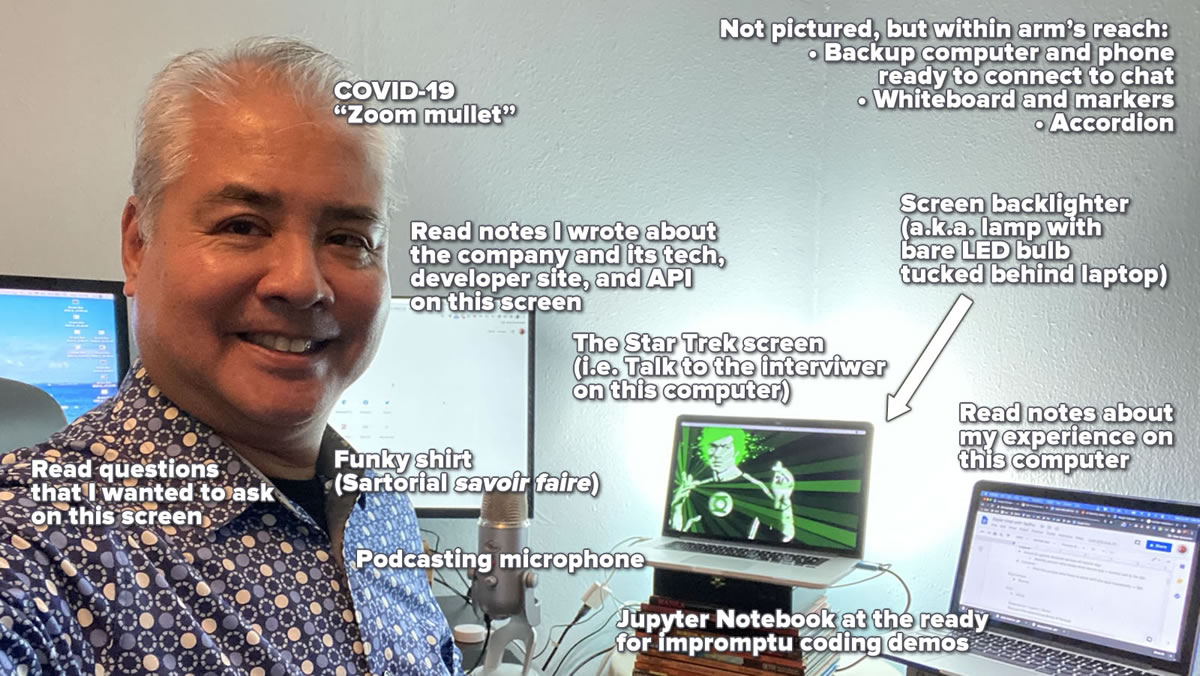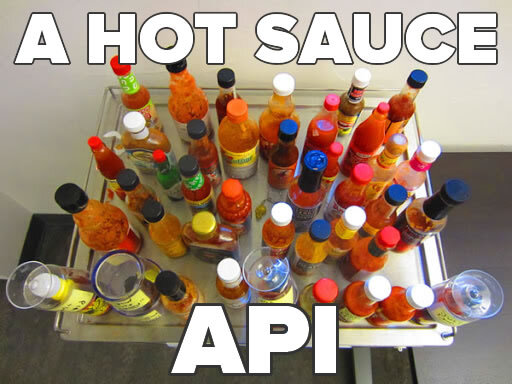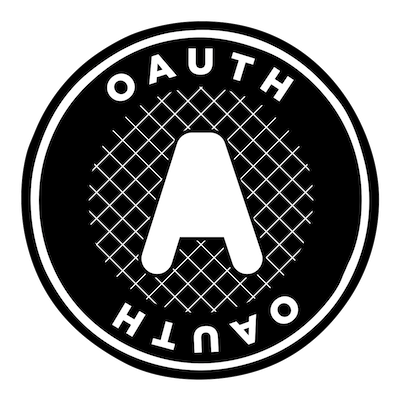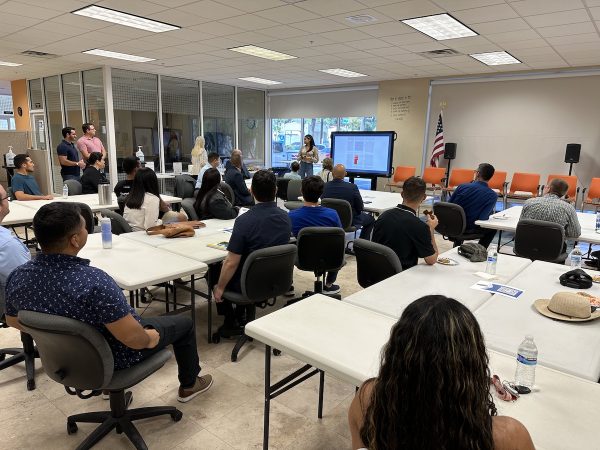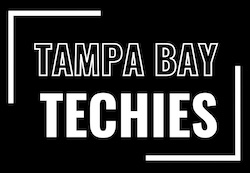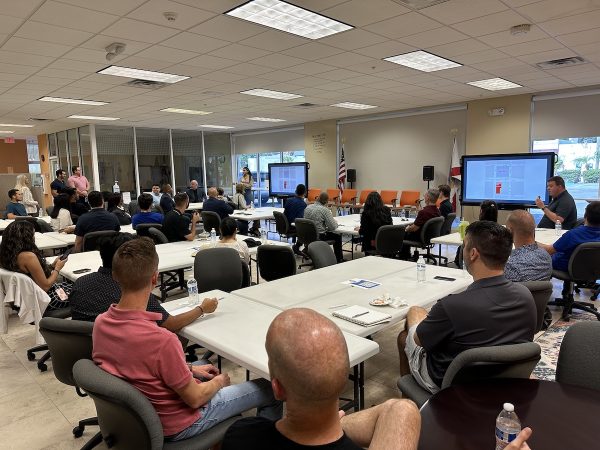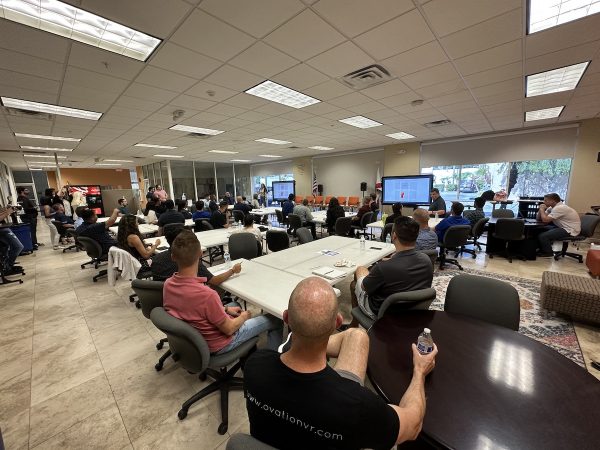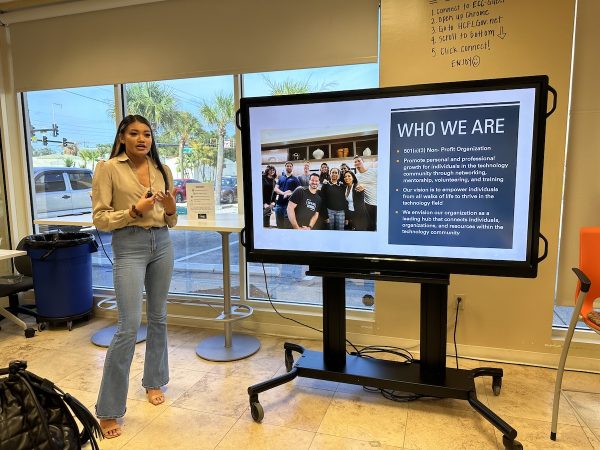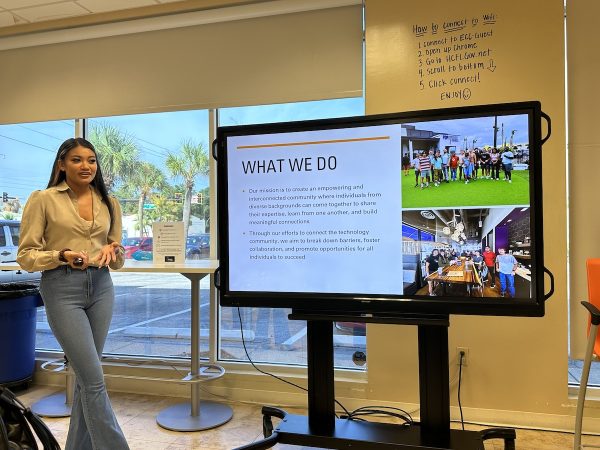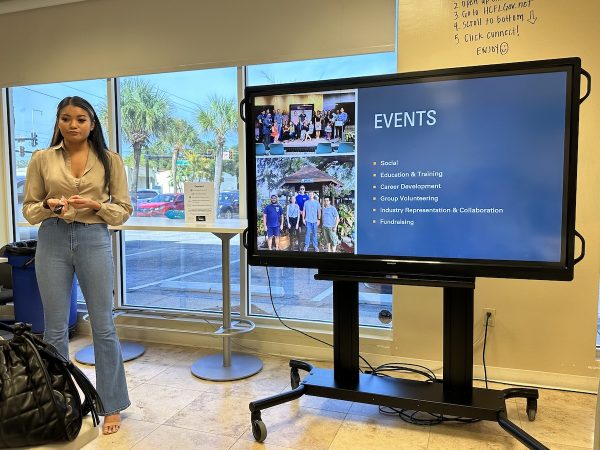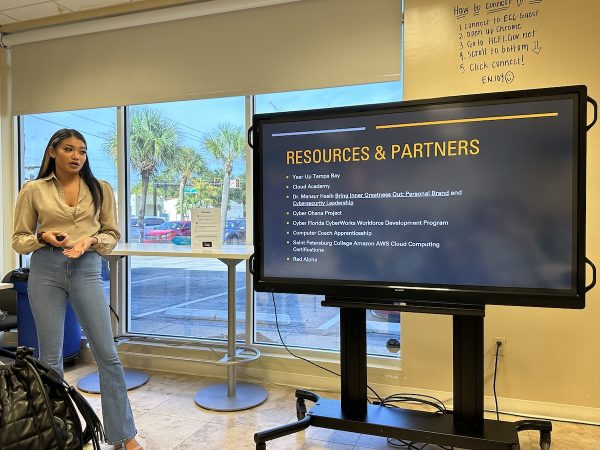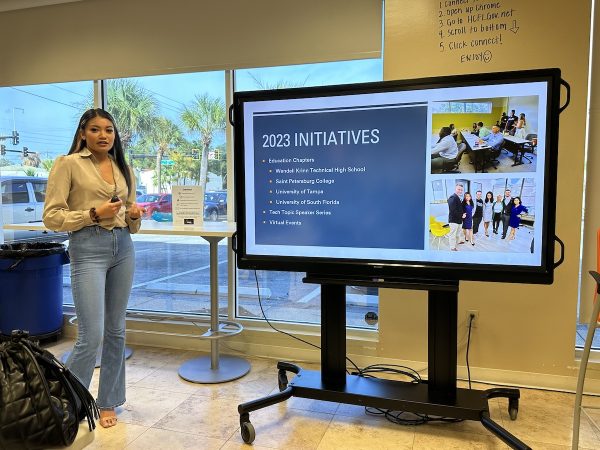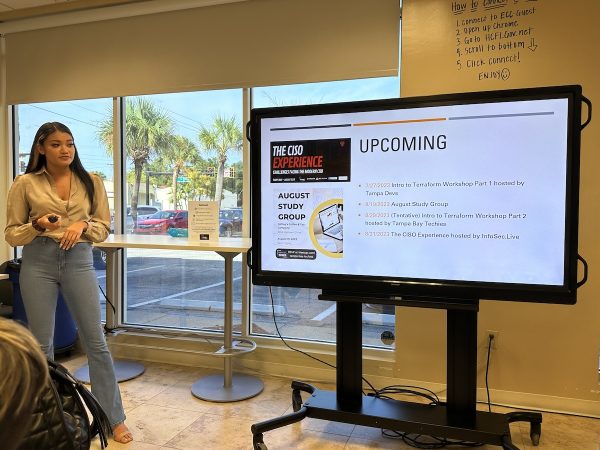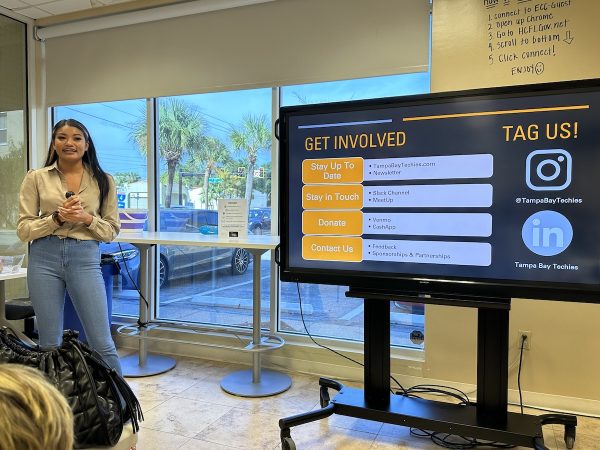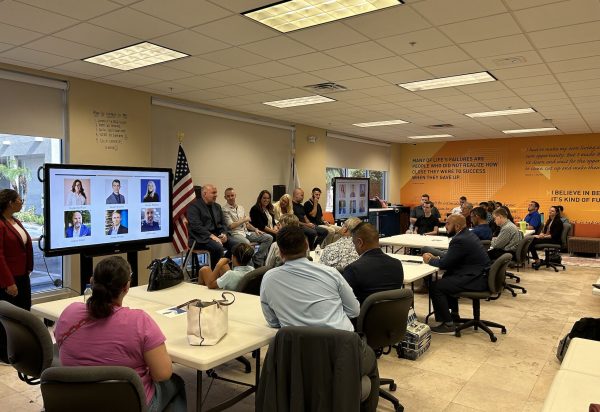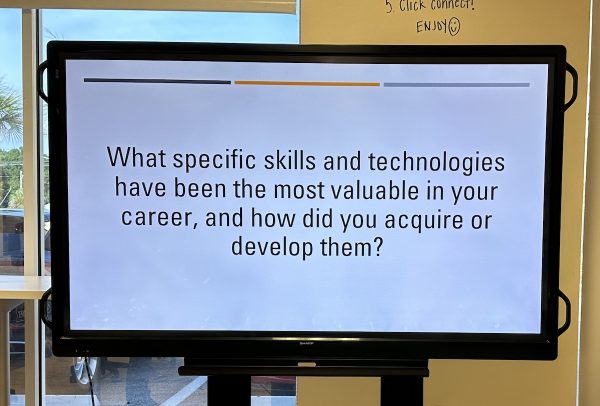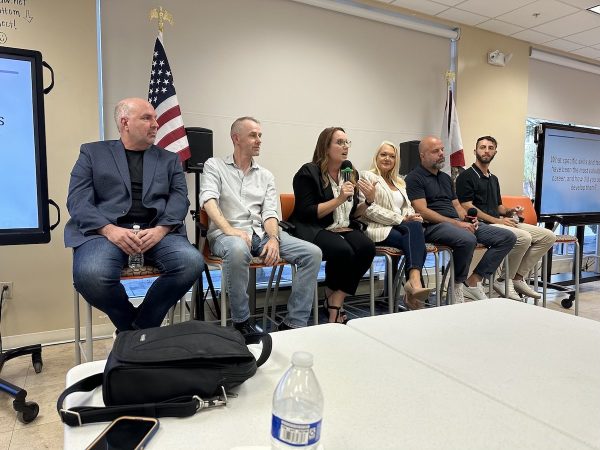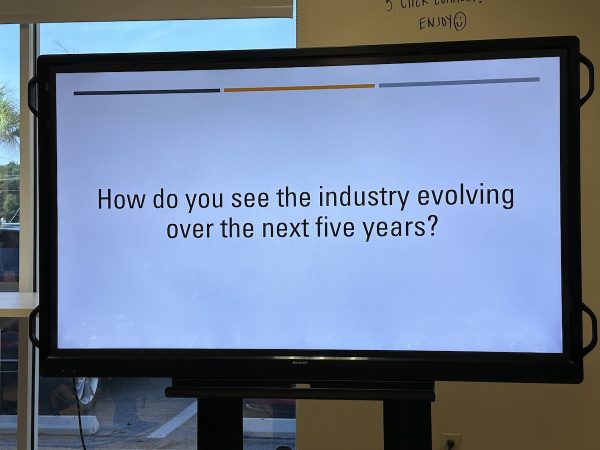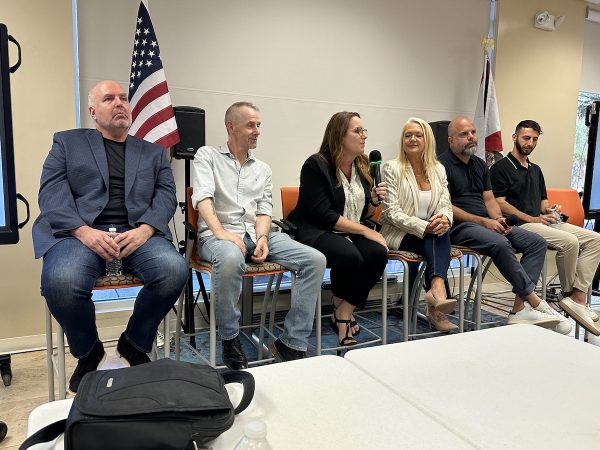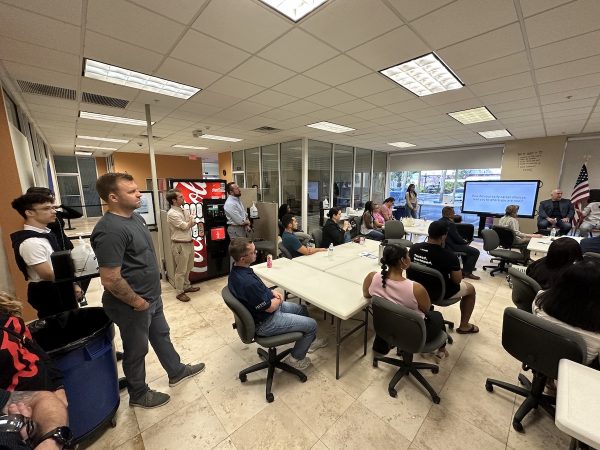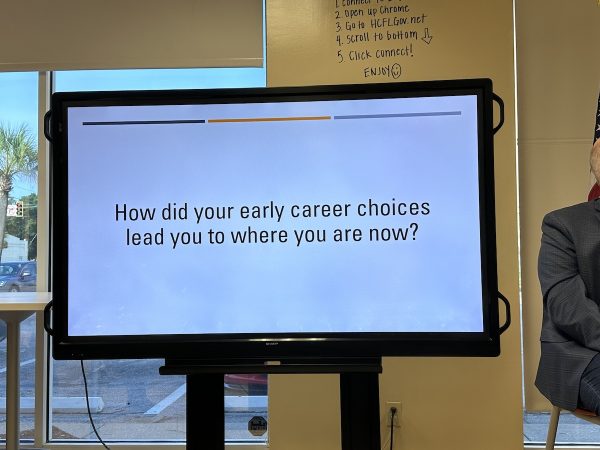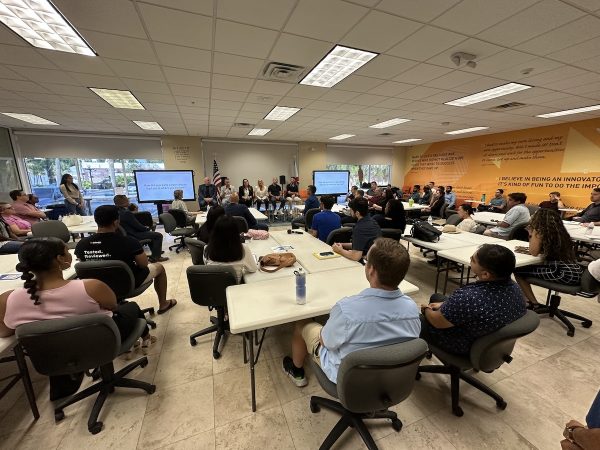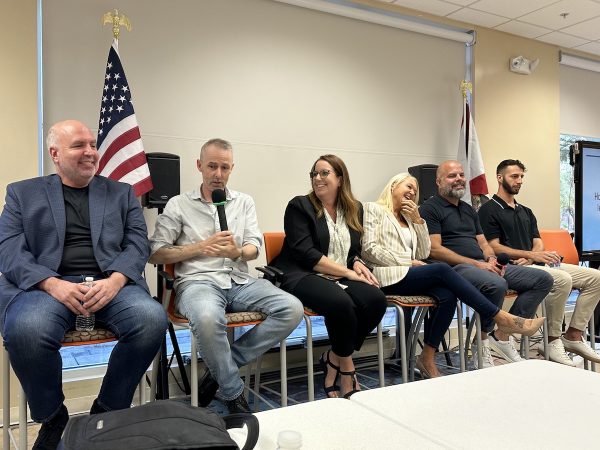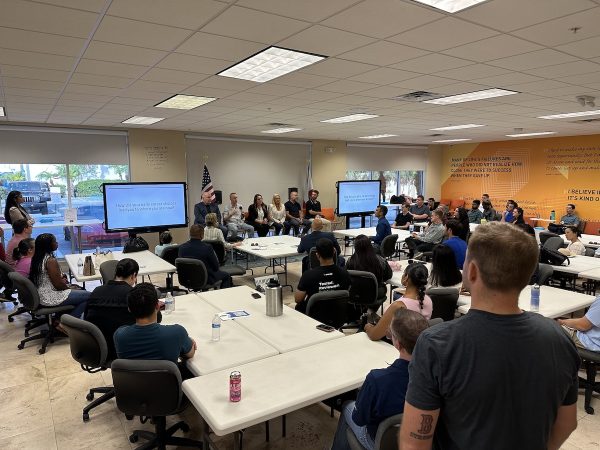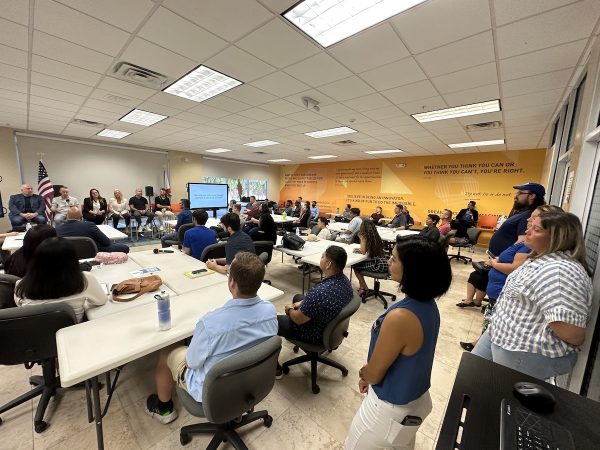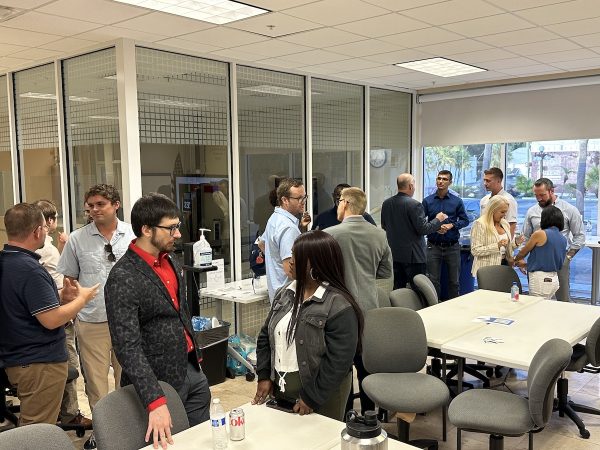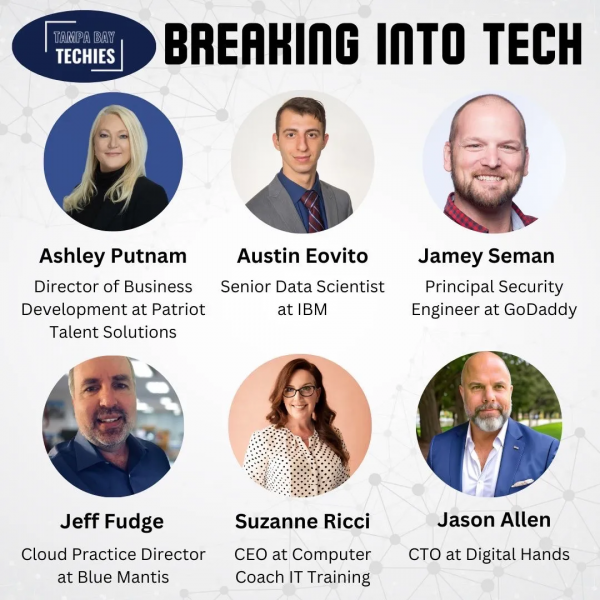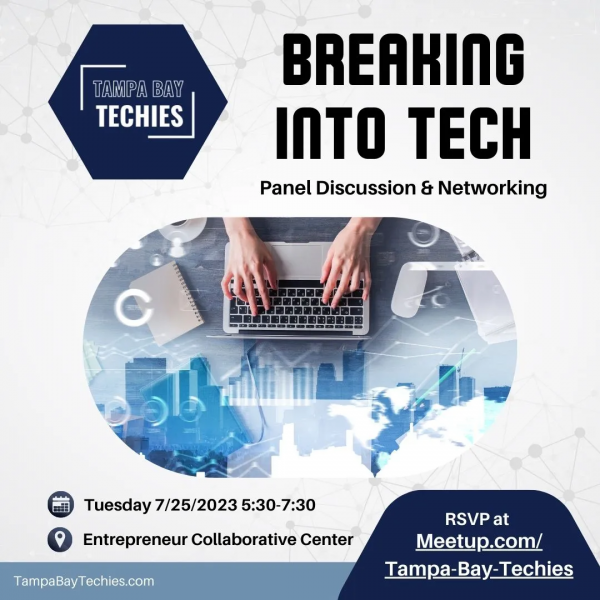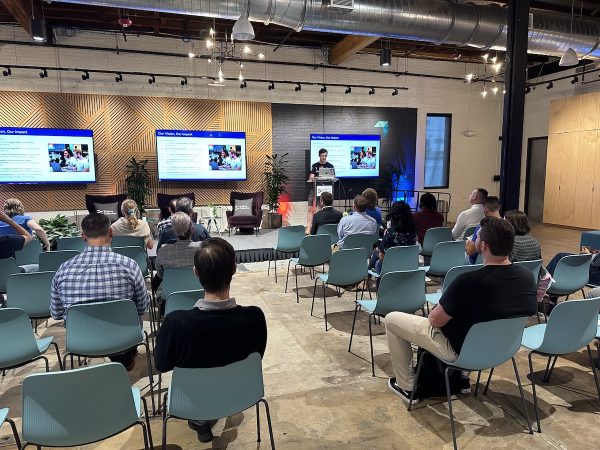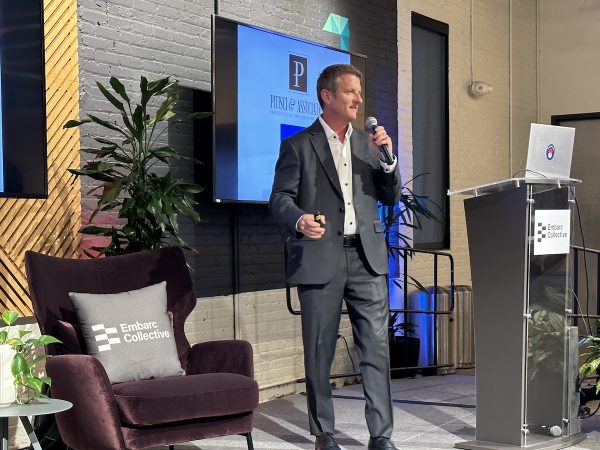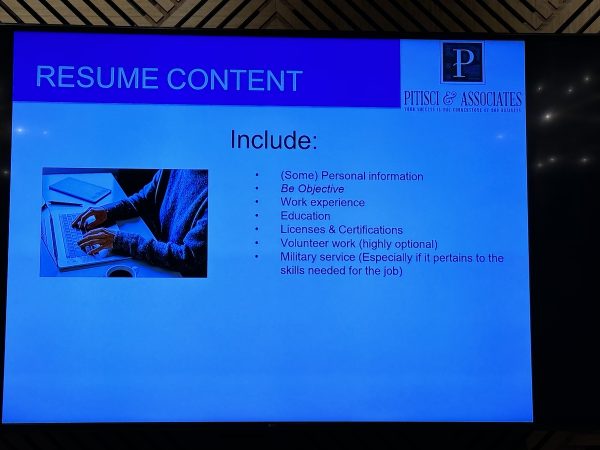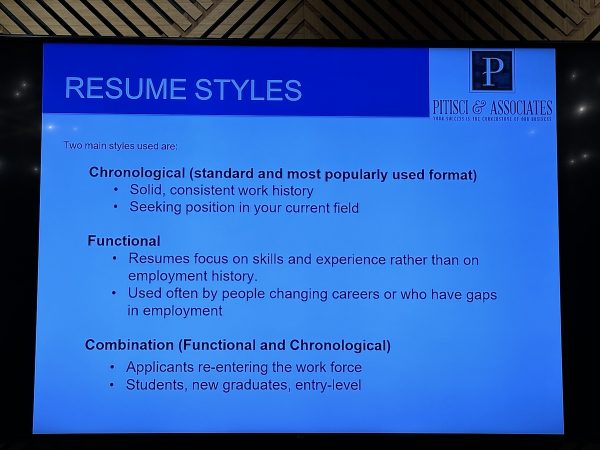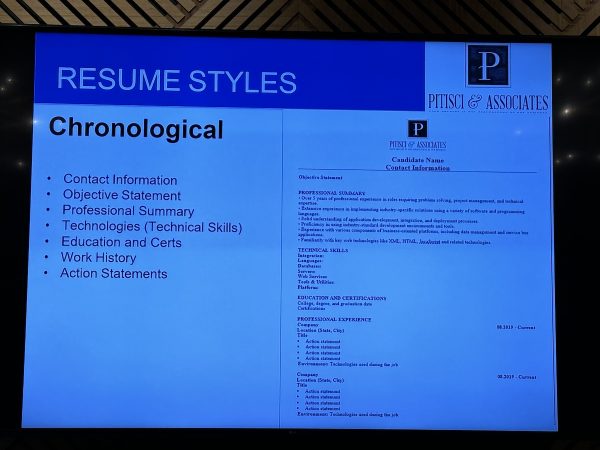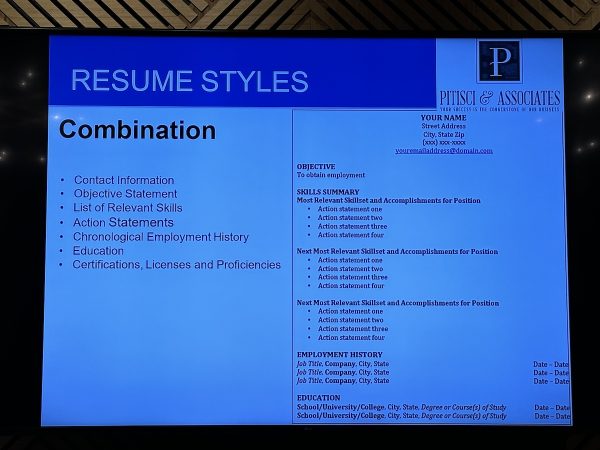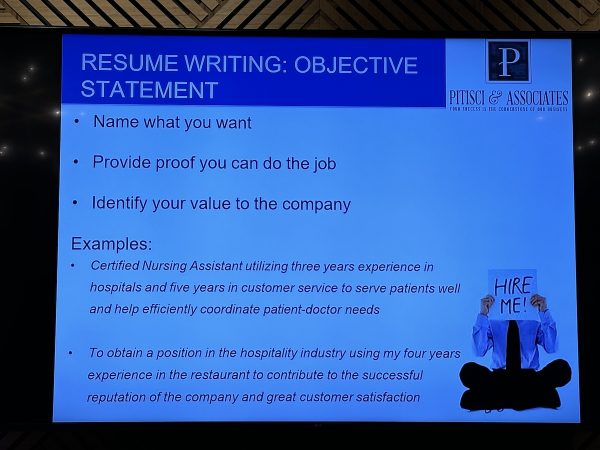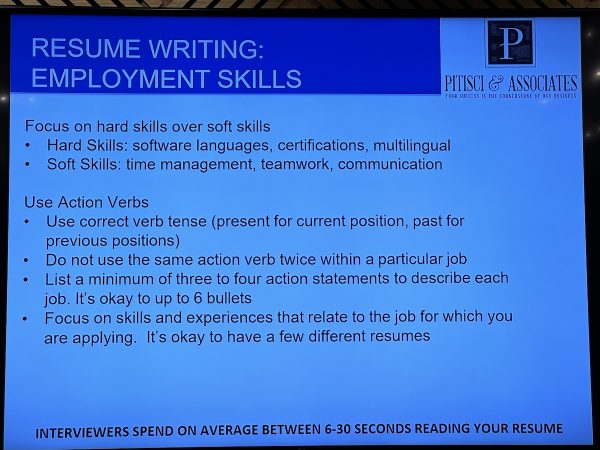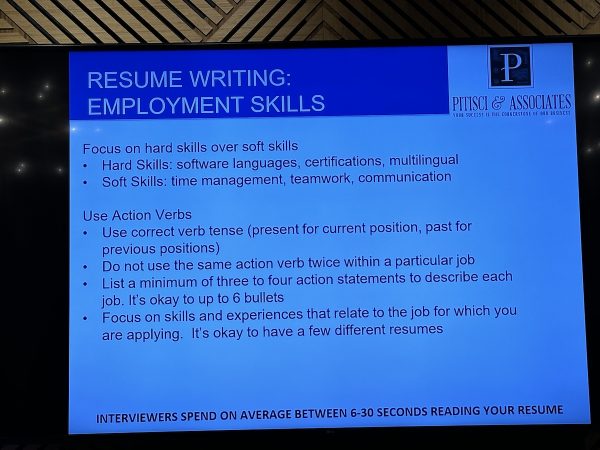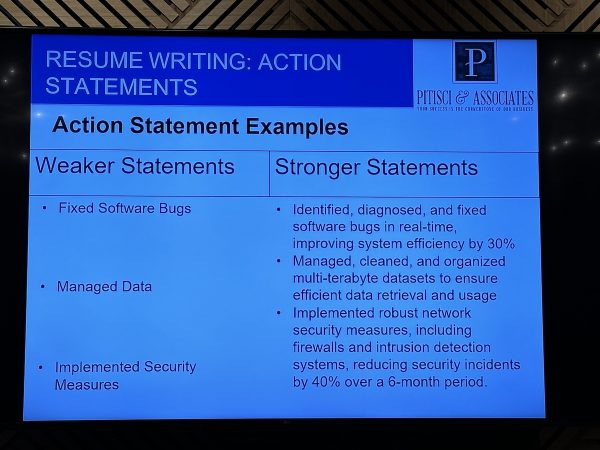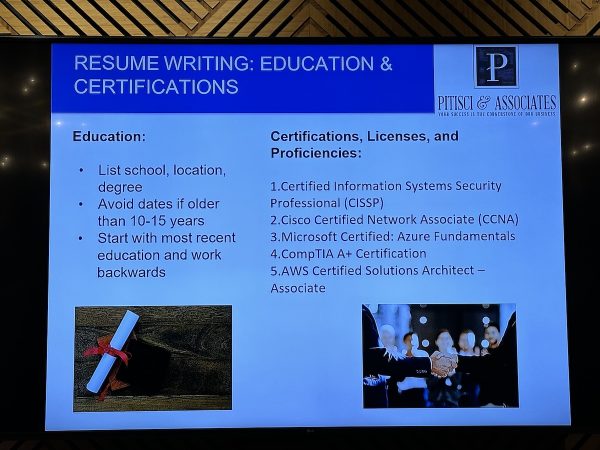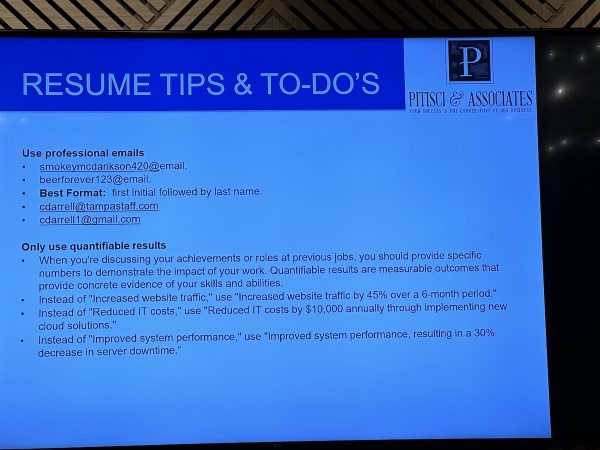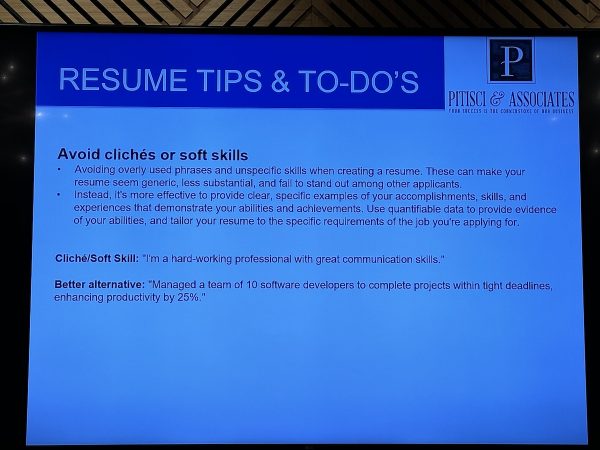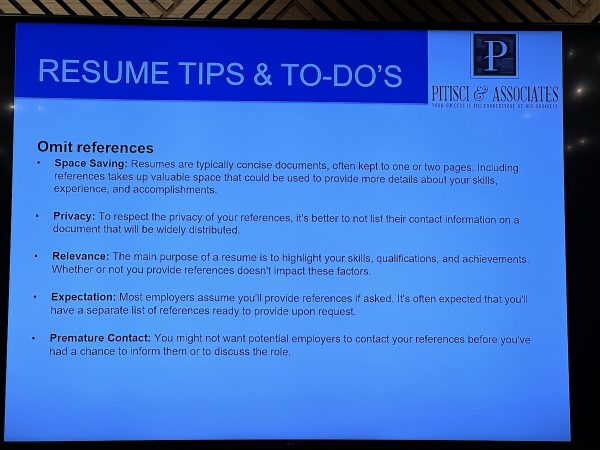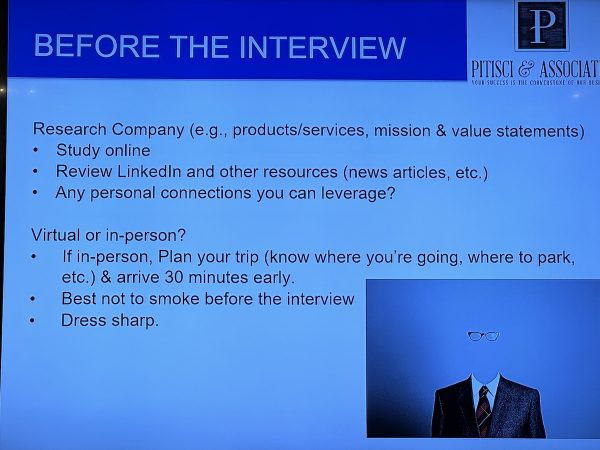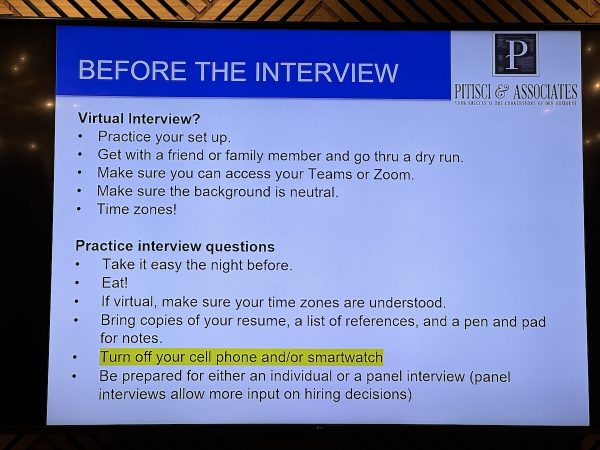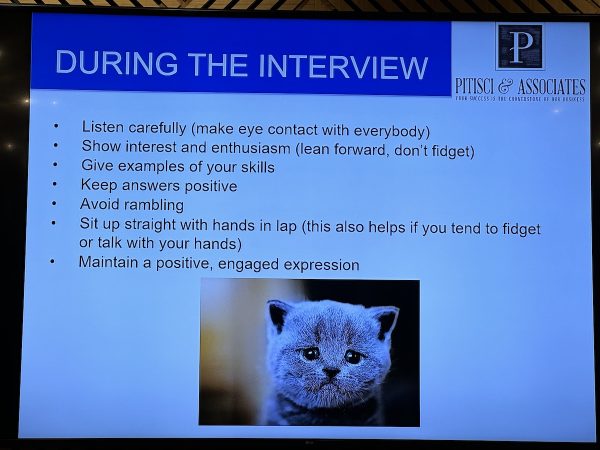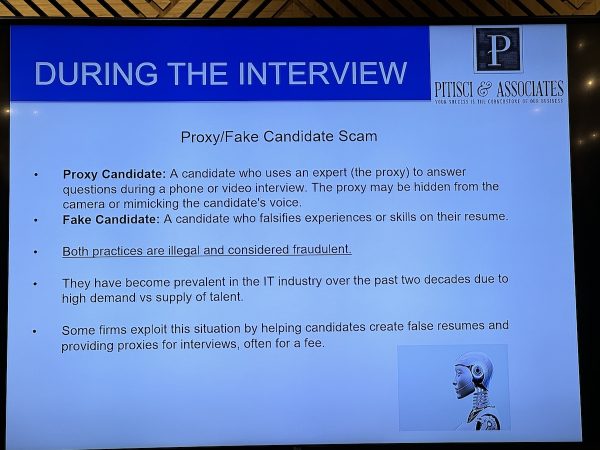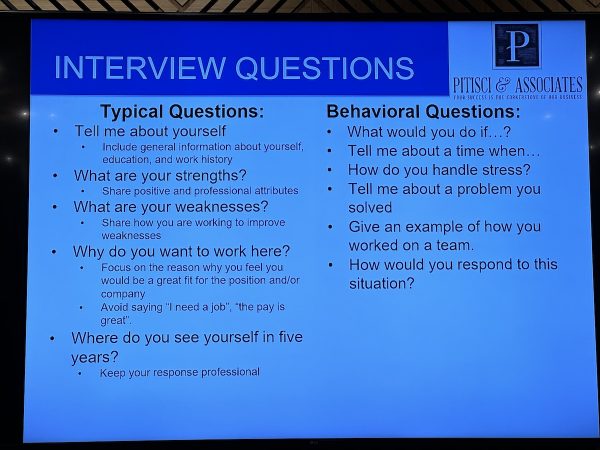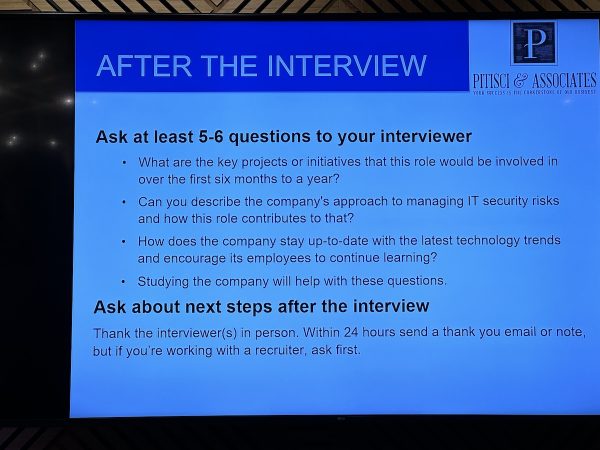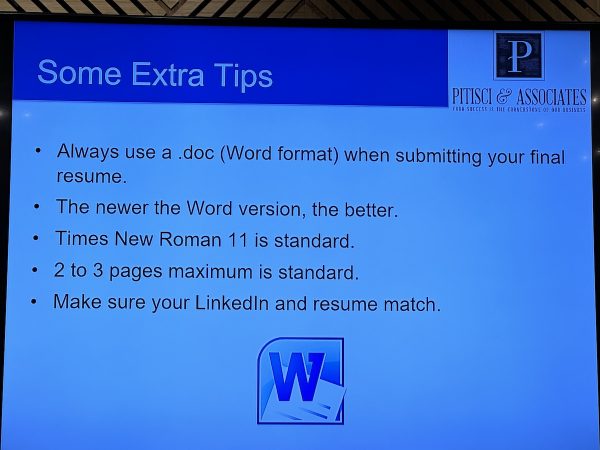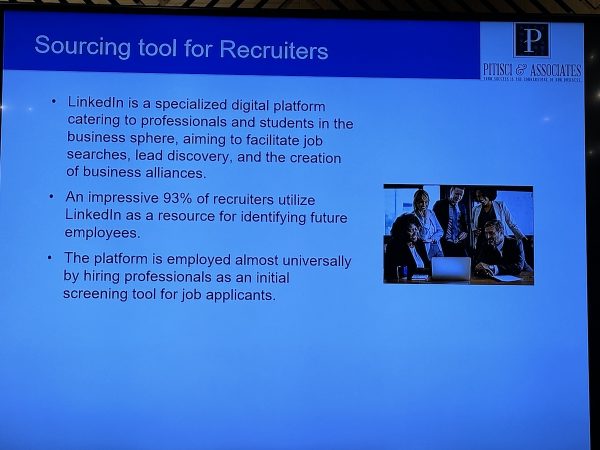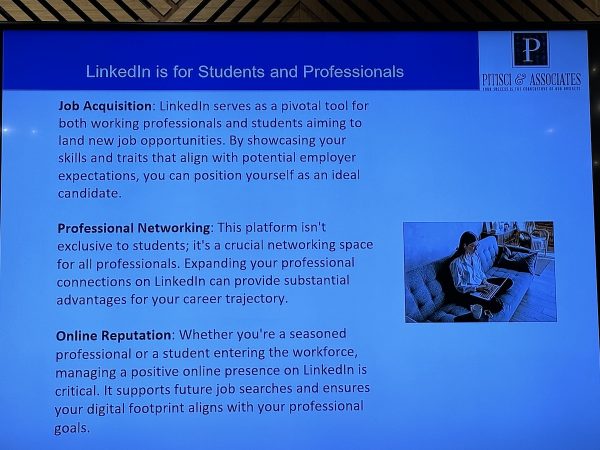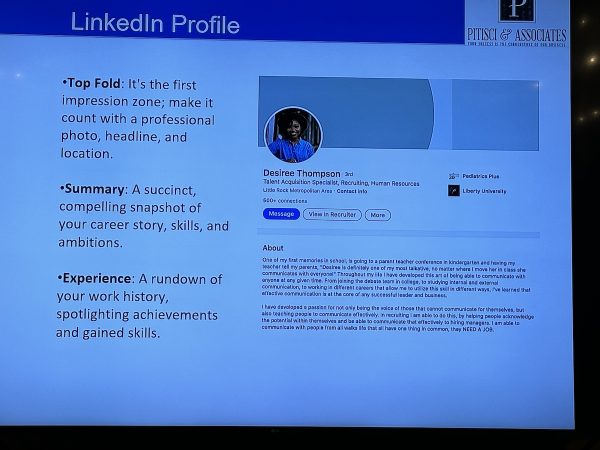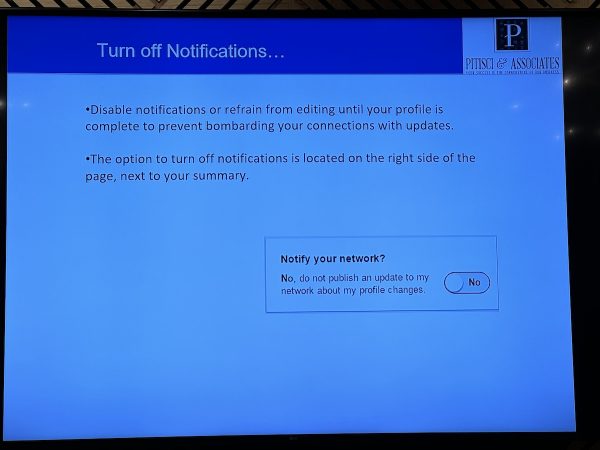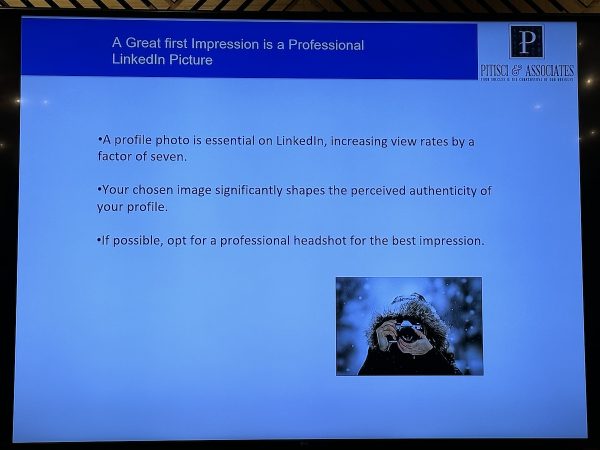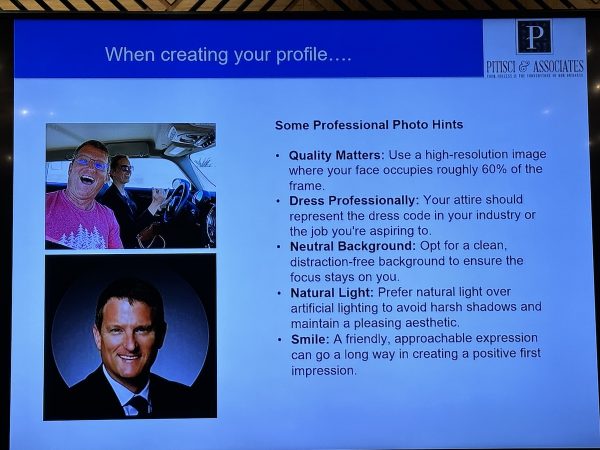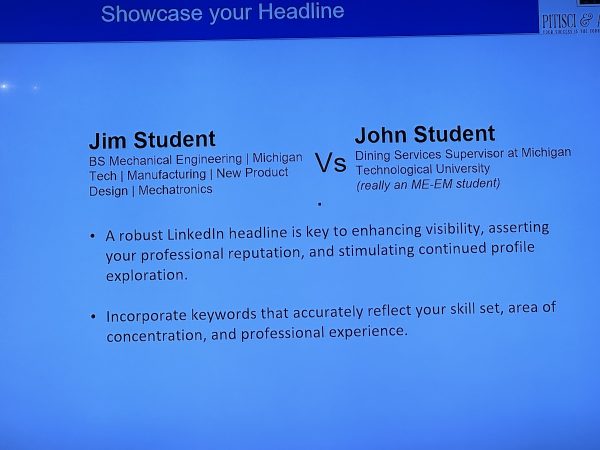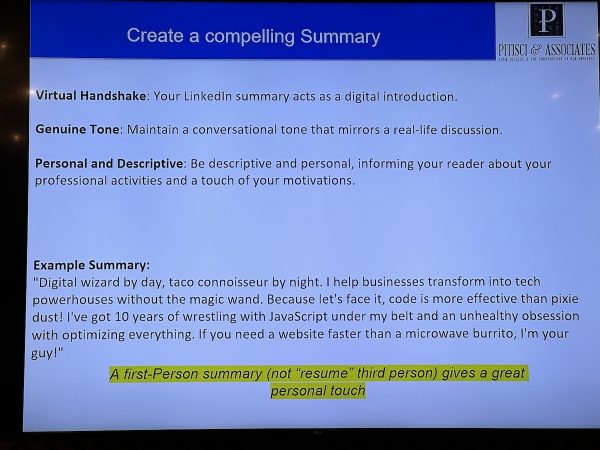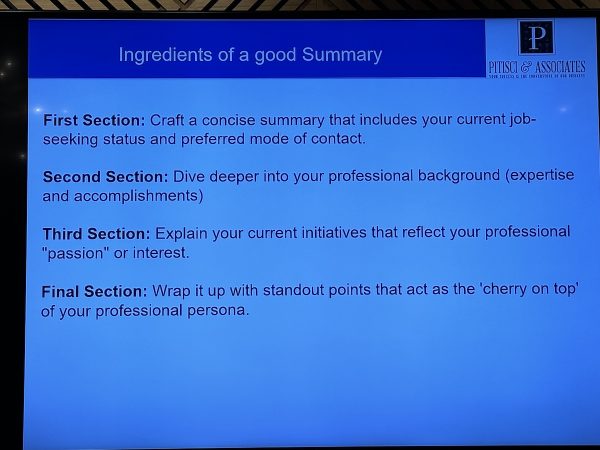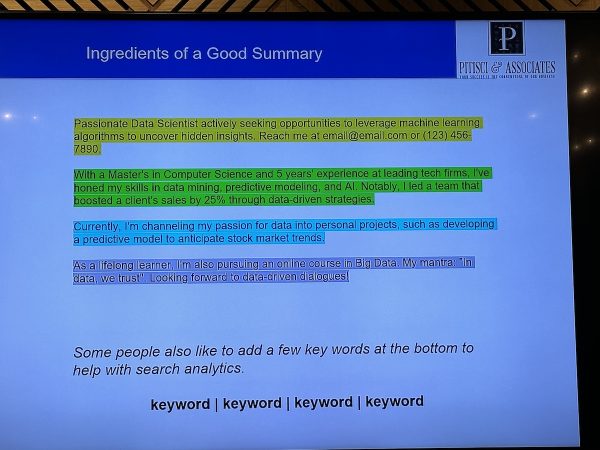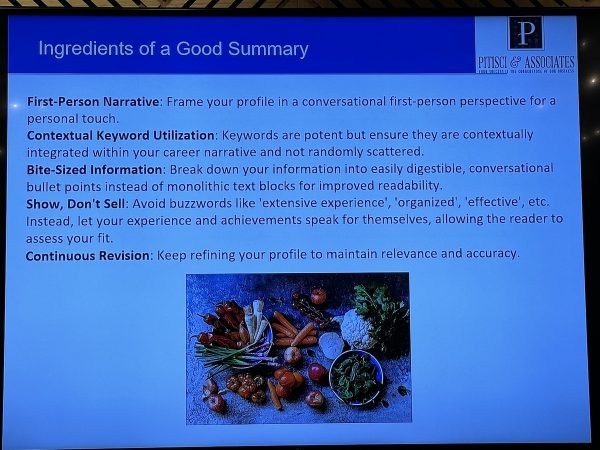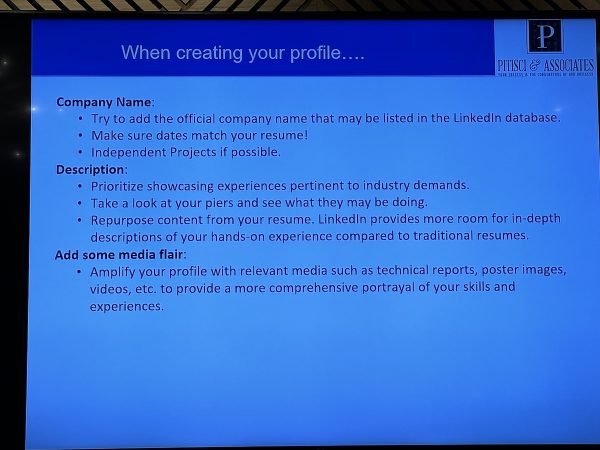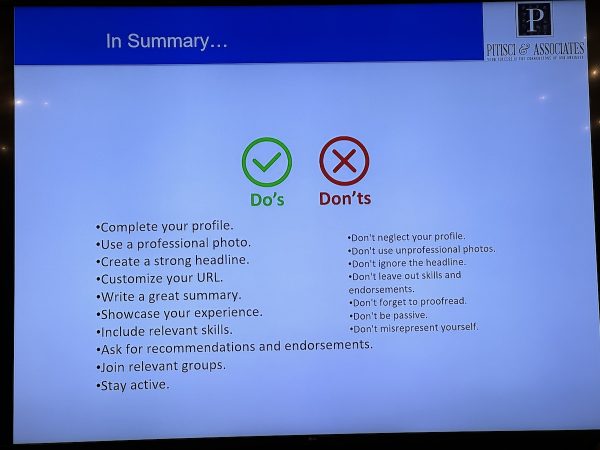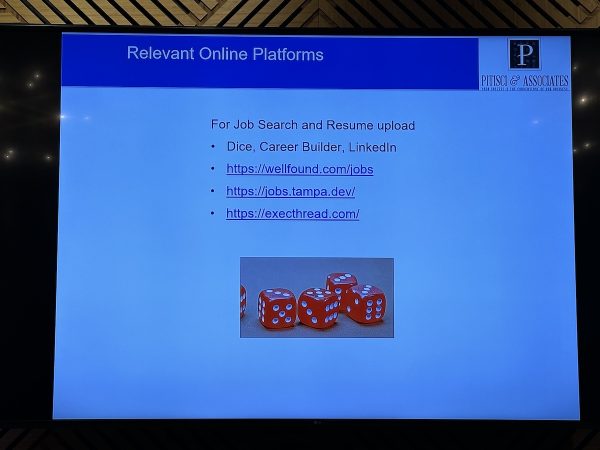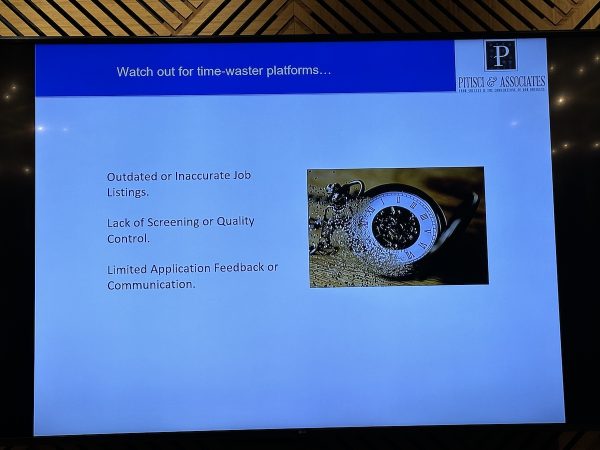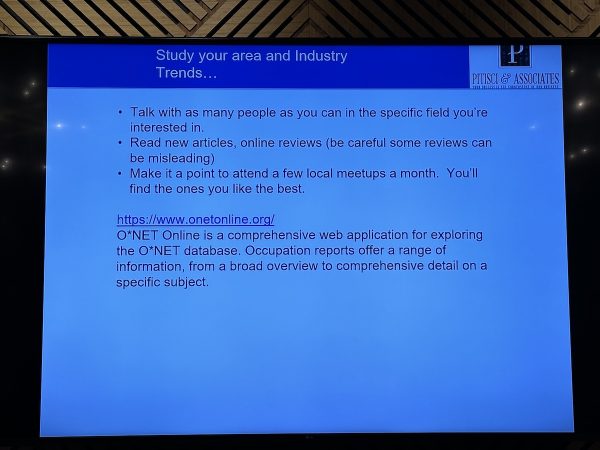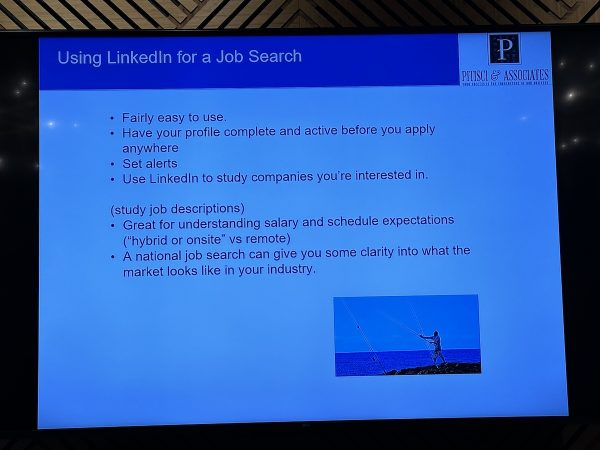
Last Thursday — February, 1, 2024 — I was laid off from my position as Senior Developer Advocate at Okta, along with around 400 others (a 7% reduction in the company’s size). I’ve joined the thousands of workers who’ve been laid off this year.
This isn’t my first layoff rodeo; in fact, it’s the fifth time this has happened in my career.
For the curious, here’s a list of all those times:
- January 2002, from the peer-to-peer startup OpenCola, as the result of company downsizing in the wake of the Dot-Com Bubble bursting.
- September 2008, from the blog publishing network b5media, whose revenues vanished during the Global Financial Crisis of 2007 – 2009.
- April 2017 from the RFID chip/label company SMARTRAC, when the project I worked on was canceled.
- April 2020 from the mobile CMS company Lilypad, as a result of the COVID-19 pandemic.
- …and the most recent one — February 1, 2024 from the identity management company Okta, in a 7% reduction of staff.
Because this isn’t my first rodeo — and because there are a lot of people in the same situation — I’m putting together a series of articles that I hope you’ll find helpful and useful.
I knew layoffs were coming
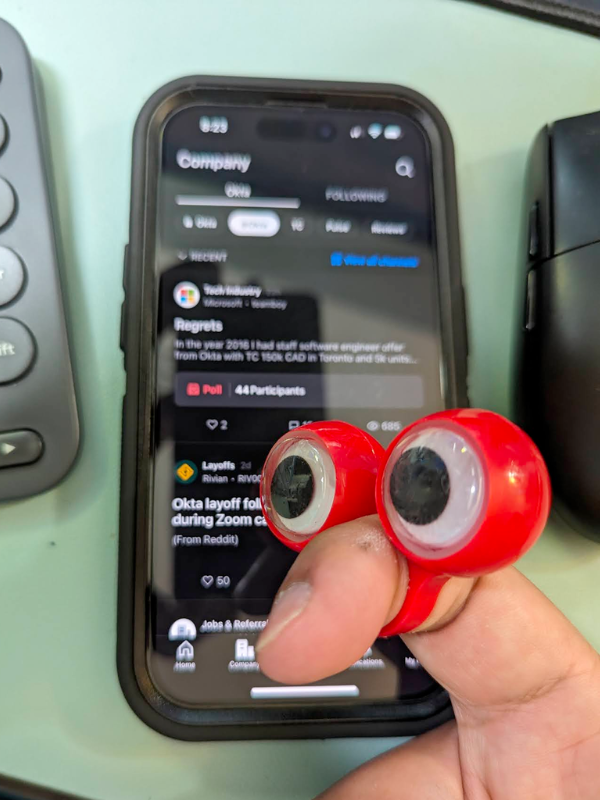
I knew there was a chance that layoffs would be announced on February 1st. For weeks, there’d been a lot of talk on Blind’s discussion board for my now-former employer on that topic and specifying that date.
The Blind app will kill your soul if you use it too often. It’s an ugly agglomeration of late-stage capitalist cynicism, career despair, envy-inducing discussions of total compensation, and occasionally a place for sexually frustrated tech bros to vent.
But like that lemonade they’ve been serving at Panera, while it’s toxic if you consume the full serving, Blind is useful for keeping you awake and aware if you keep your dosage small. As nasty as its content can get, if you really want to get a sense of what’s going on in the business world or get the inside scoop on what it’s like inside a given company, you should download Blind and peruse it occasionally.
Because I’d been following the discussion about my now-former on Blind, I wasn’t completely (ahem) blindsided by the layoff announcement on Thursday. While some predictions and analyses on Blind turn out to be wrong, most of the posts about my now-former employer have been spot-on. So I took the rumors seriously.
In anticipation of possible upcoming layoffs, I’d been doing a little extra work — writing extra articles (including one that got a lot of praise from the security awareness group), updating old ones, doing additional reviews of my teammates’ articles, writing a “state of mobile development” report, and even recording four videos in a week.
It’s a shame all that extra effort was wasted.
The “first worst” 15 minutes

On Thursday, February 1st at 8:27 a.m., an ominous email was sent to everyone who worked at my now-former employer. Here’s the key part of the email:
If you work in the US, you will receive an email in the next 15 minutes notifying you if your role is impacted or not. If your role is impacted, your leadership will schedule a meeting this morning to discuss next steps. For employees outside the US, the notification process may be different due to local laws and practices.
I’ve been in the game long enough to know that the worst possible thing to do would be to sit at the computer and constantly refresh the Gmail screen. I got up from my desk, set a 15-minute timer on my phone, and walked away to get some coffee.

There was a new email, timestamped 8:37 a.m. — ten minutes after the ominous email. It started with this:
Today, [my now-former employer] made the decision to eliminate a number of positions across multiple organizations. Unfortunately, your position has been eliminated as part of this reduction.
Helluva way to start the month, I thought.
That’s when I noticed that a new appointment had spawned on my calendar. A 15-minute appointment with the VP of Developer Engagement and an HR person scheduled for 9:30. I had 45 minutes to prepare.
💡 Here’s a suggestion for anyone planning a layoff: Don’t do this “You’ll find out in the next 15 minutes” thing. Just rip the band-aid off and let us know with a single email.
The “second worst” 15 minutes

If you’ve been invited to a meeting to discuss your layoff, do whatever it takes to steel yourself. Whether it’s deep breathing, counting to ten, reciting your personal mantra, or firing up your “poker face”, you want to get ready to conduct yourself at the meeting with as much grace, aplomb, and professionalism as you can muster.
This is because this meeting is the second most important meeting you’ll ever have at this job. (In case you were wondering, the most important one was the interview that landed you the job in the first place.) No matter what you’re feeling at the meeting, you want your termination to be as good a breakup as possible. This means that you must handle it professionally.
The way you behave and your demeanor at this meeting will set the tone for your departure. If it is full of bitterness, acrimony, and the gnashing of teeth, they won’t be inclined to do you any favors. On the other hand, if you conduct yourself with grace and decorum, you may gain some extra concessions and a willingness on their part to do what they can for you.
I’ve written about getting laid off before (here’s the 2008 version, and here’s a version I originally wrote in 2020 but updated to help people getting laid off in 2022), so I already had a “questions to ask when getting laid off” list:
- When is my last day?
- What is my severance package?
- What about my bonuses, ESPP, RSUs, and other non-salary compensation?
- How long will my insurance coverage last? (This one’s a big deal in the United States, less so in other OECD countries.)
- When do I have to return the company laptop and other gear?
- What do you want me to do with my current projects and files?
- Can I get a letter of recommendation and use you as a reference?
I had enough time to put on a good shirt, straighten out my “bedhead”, and did a quick “camera test,” which I saved for posterity:
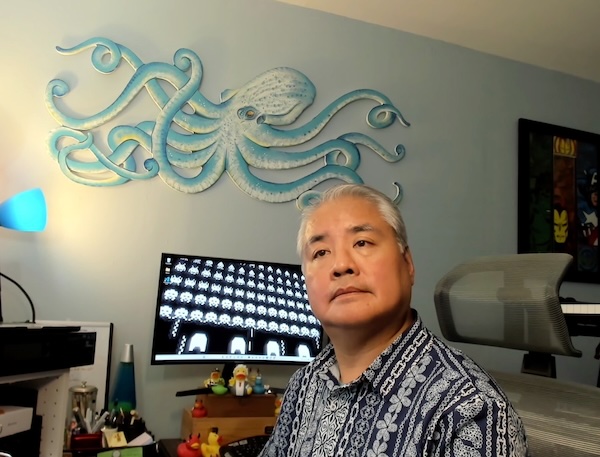
Just as regular guitar playing will build calluses on your fingers that enable you to repeatedly press down on those strings without feeling like you’re running them through a wire cheese slicer, having been laid off four times previously gives you the necessary “mental calluses” to handle the meeting with stoic grace. I was mentally prepared when the call started.
I felt bad for the VP and HR person — both were in the Pacific time zone, which meant that it was 6:30 a.m. for them. On instinct, I greeted them by saying “I’m sorry you have to do this so early in the morning. I’ll try and make this easy.”
It wasn’t just the oddest Zoom call I’ve had in a while, but the oddest layoff meeting I’ve ever had. That’s probably because I was prepared and had plenty of rest, while the VP and HR person were sleep-deprived and probably had a full morning of these calls. I met regularly with the VP and have even met the HR person a couple of times, so I knew them as people rather than as randos who happened to work at the same place as me. They were more misty-eyed than I was, which while awkward, showed that they empathized.
At one point, the HR person was tearing up, and I felt for them. I stopped and took a moment to say “Everything will be all right. Don’t worry.” And I meant it.
What I did afterward
As I keep saying, this isn’t my first layoff rodeo, and I’ve written about what to do after the layoff meeting before:
Your first instinct might be to immediately take all the standard job search actions the moment after you’ve been laid off. Fight it. You need a little time to deal with what just happened.
This is going to sound terribly woo-woo new-agey, but I’m going to say it because it’s an important step: at your first opportunity, get away from whatever you’re doing, get out and go for a walk. Physical activity is a key part of this step, so don’t get into a motorized vehicle. You want to get moving, and you want to do it outside, preferably in your own neighborhood.
The walk is important because it gets you away from anything work-like and gives you a chance to clear your head. It gives you a chance to come down from one of the most stressful experiences you’ll ever face in your working life and come to terms with what’s happened. It is not the time for figuring out what your immediate next steps are. It’s the time to collect yourself so that you’re in a better position to figure out what your next steps are.
Don’t do the walk in a fugue state. Take note of your surroundings. Chances are you’ll see things that you passed by every day but never noticed before. This is good, because it’s preparation for what you’re going to be doing for the next little while: seeing things differently.
I posted a quick announcement on LinkedIn…
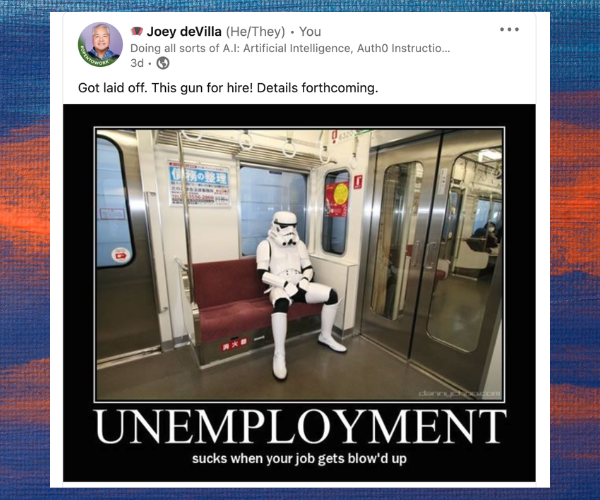
…and then followed my own advice, but on a bike.
I went on a ride — this time, without a podcast or audiobook playing; just me and the outside world. I made my way to Spaddy’s Coffee to sit and enjoy the scenery:

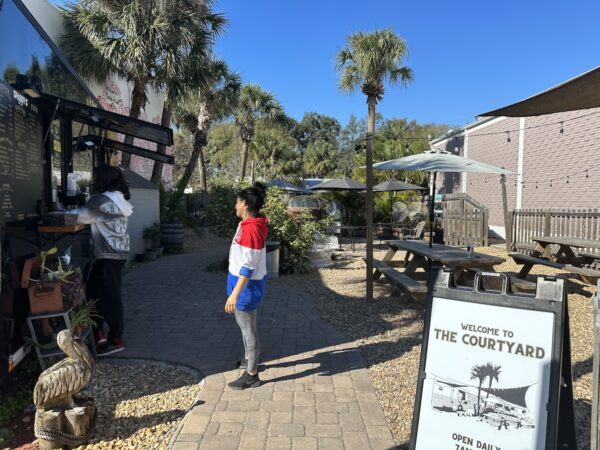


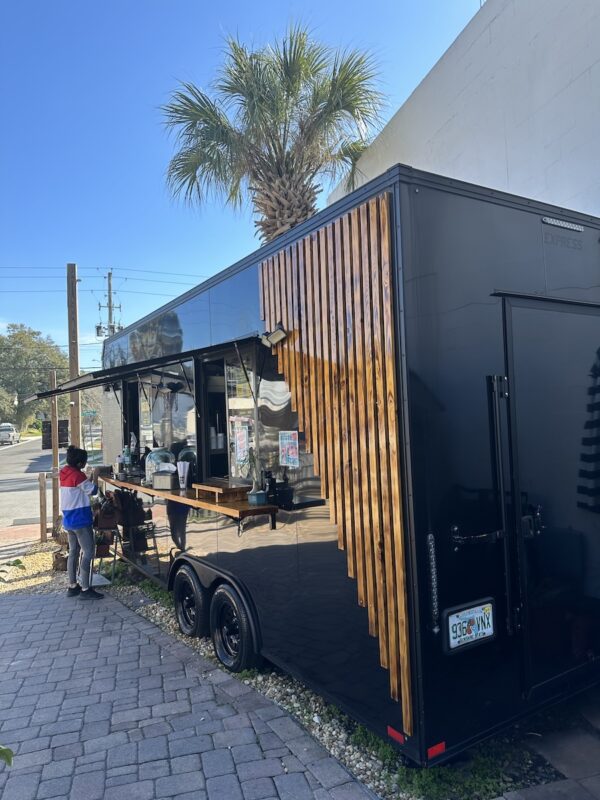
I also enjoyed a coffee and checked my messages, which were beginning to come in:

I also found out who else got cut, which included a number of superstars on my team.
It was then that I noticed that because it was a chilly day, I’d put on a fleece that had been shipped to me only the week before — by my now-former employer:
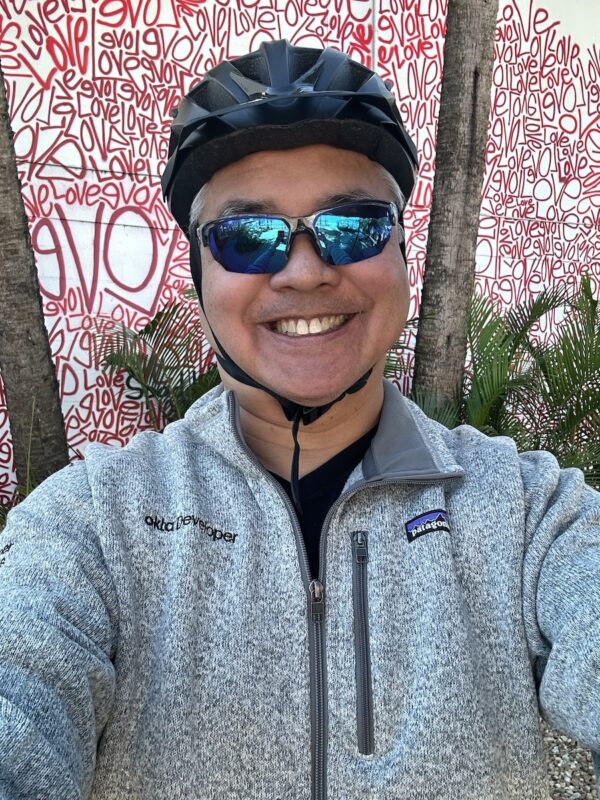
As I said, it had arrived only the week before, so this was my first time wearing it. It’s nice and warm, it looks good, and hey, it’s a Patagonia! Maybe I won’t include it in the upcoming “swag purge.” Maybe I can cover the now-former employer’s logo with a patch. Does anyone have a patch they’d like to send me?
I decided to make it a productive evening and make my way to the Tampa Java User Group meetup, where Denis Magda, who leads the Developer Relations team at Yugabyte was doing a presentation on building ChatGPT plugins:
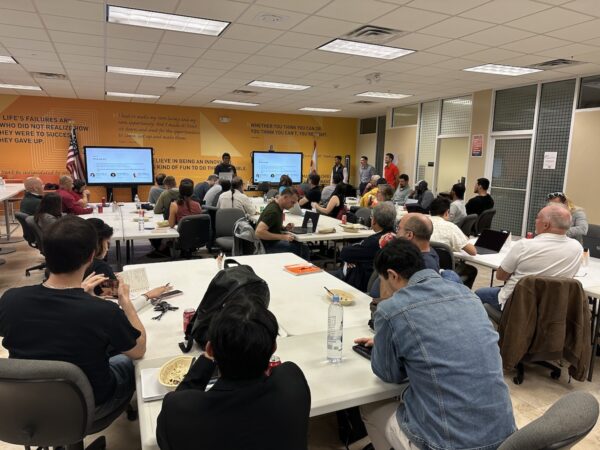
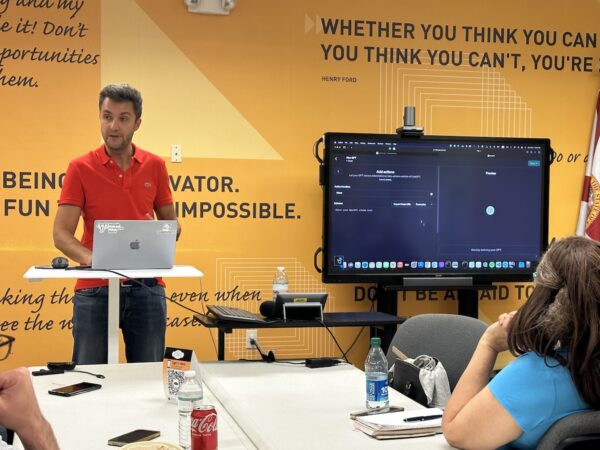
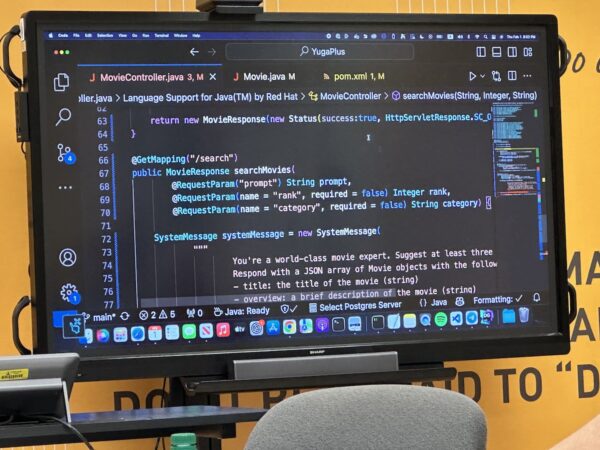
It was a far more productive way to spend the evening, and far more fun than wallowing in self-pity at home. It also gave me a chance to let some key people know that I was back on the market, which is one of the most important things to do after getting laid off.
A sleepless night

I will confess that after going to bed that evening, I woke up at 4:36 a.m. and was unable to get back to sleep. Even a five-timer isn’t immune to the stress and anxiety that comes with a layoff. I very quietly got out of bed, went to my office and…
- Did a little housekeeping on my personal computers (a PowerBook, a Wintel gaming laptop, and a couple of Raspberry Pis),
- Unfollowed the now-former employer on various social media, unsubscribed from their newsletters, and put their swag into a big bag that I’ll drop off at Goodwill next week, and
- Did a little work on the presentation I’ll be giving at Civo Navigate North America 2024 in a couple of weeks.
It’s going to be an interesting few months. Keep an eye on this blog for updates!
Looking for work and need to chat?
If you’ve been laid off or are looking for work and need someone to talk to, why not me? Drop me a line at joey@joeydevilla.com and let’s chat.
